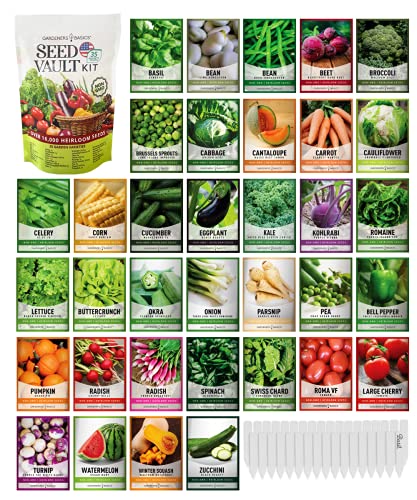coboll2921
Junior Member
I will be making grape wine again this year but will need to deal with the acid.
Last year the level was at 3.2 and I left it as is.
My wine was slightly sour so I thought I would deal with the acid this year.
Can freezing the grapes work for reducing acid?
I'm not going to juice them since it's a smaller batch this year.
Last year the level was at 3.2 and I left it as is.
My wine was slightly sour so I thought I would deal with the acid this year.
Can freezing the grapes work for reducing acid?
I'm not going to juice them since it's a smaller batch this year.



















































![[Upgraded] 9Pcs Tree Root Growing Box with Drain Holes, Half Transparent Plant Rooting Propagation Ball & Metal Core Twist Ties, for Fast Propagation Plants (Size M)](https://m.media-amazon.com/images/I/514MWQxtWOL._SL500_.jpg)

